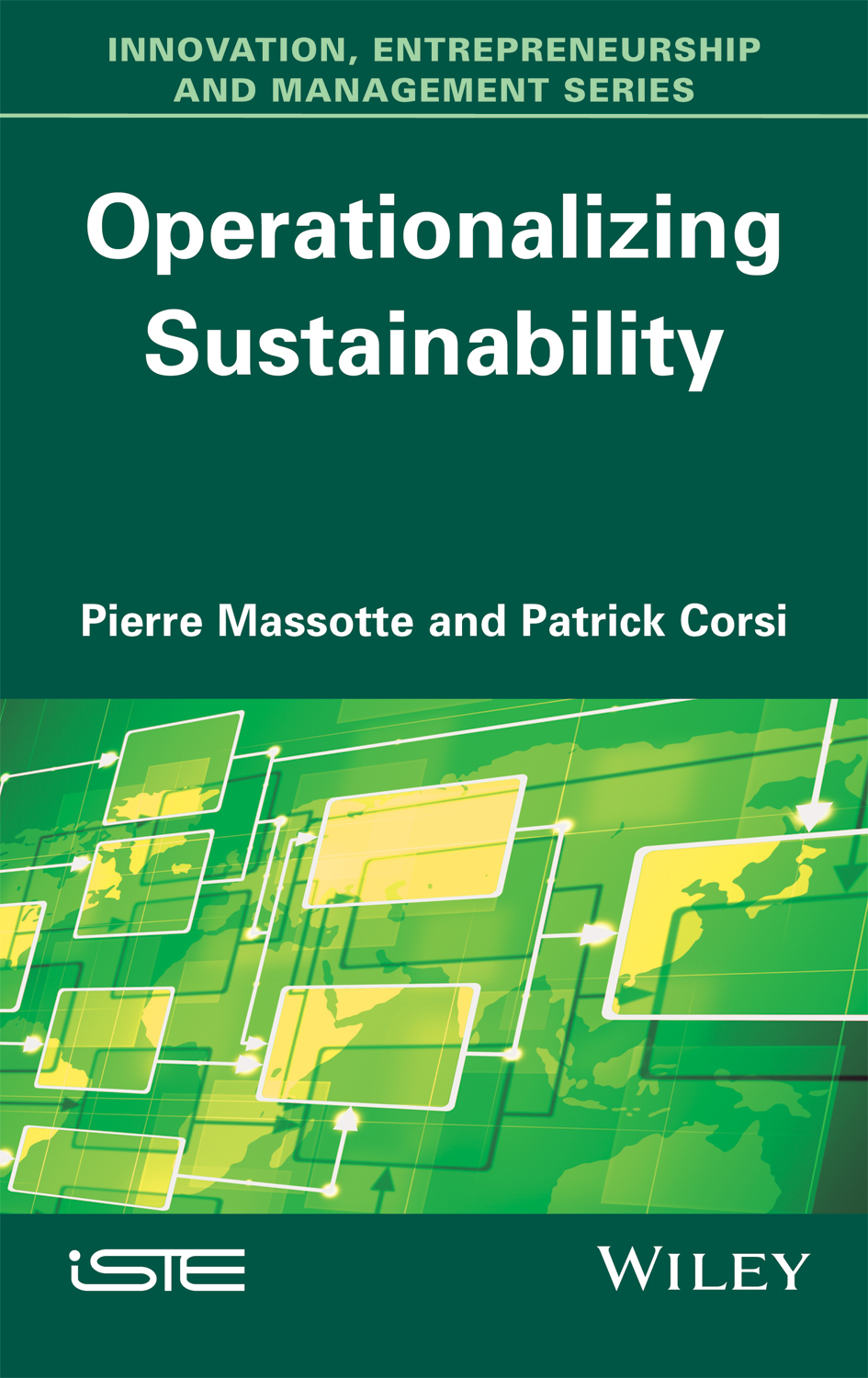
The second of two books making up a comprehensive treatise on sustainability for a variety of academic and executive readers in all walks of post-modern activities. Following on from the first book, in which the authors discuss the mechanisms underlying sustainability and the principles to be taken into account to define its technologies (in the […]
The second of two books making up a comprehensive treatise on sustainability for a variety of academic and executive readers in all walks of post-modern activities.
Following on from the first book, in which the authors discuss the mechanisms underlying sustainability and the principles to be taken into account to define its technologies (in the etymological sense), this second book implements the ways to make sustainability operational and attempts to measure it.
The authors present an attempt at unification, based on these concepts, that is implementable. The tactical part of sustainability implementation and operationalization (the “how to do it”) has the intention to discover, suggest and develop new practical elements about future methodologies. Various experiments are detailed, which result in unexpected or disruptive results and enable the definition and adaptation of approaches, rules and principles, boosting system sustainability.
This book tackles fundamental cross-disciplinary issues and paves the way towards a productive interplay between freewill and selfishness. It provides a mind-centered roadmap on how sustainability must be addressed in the field and how the measurement of a sustainable system can be performed.

